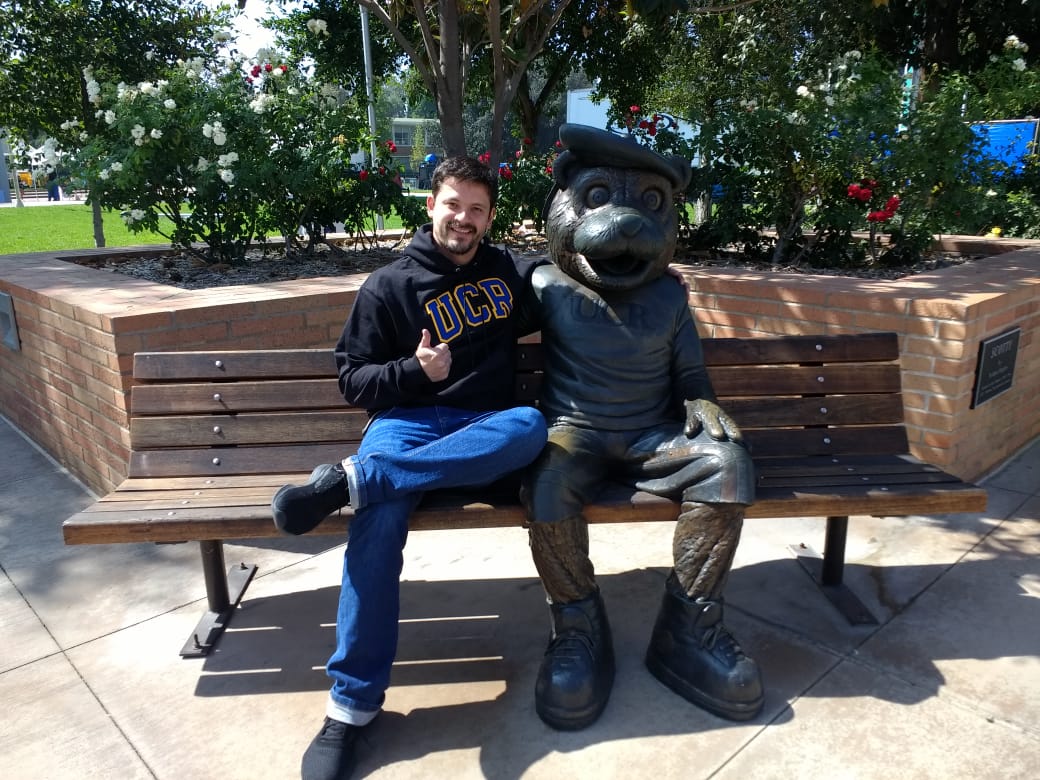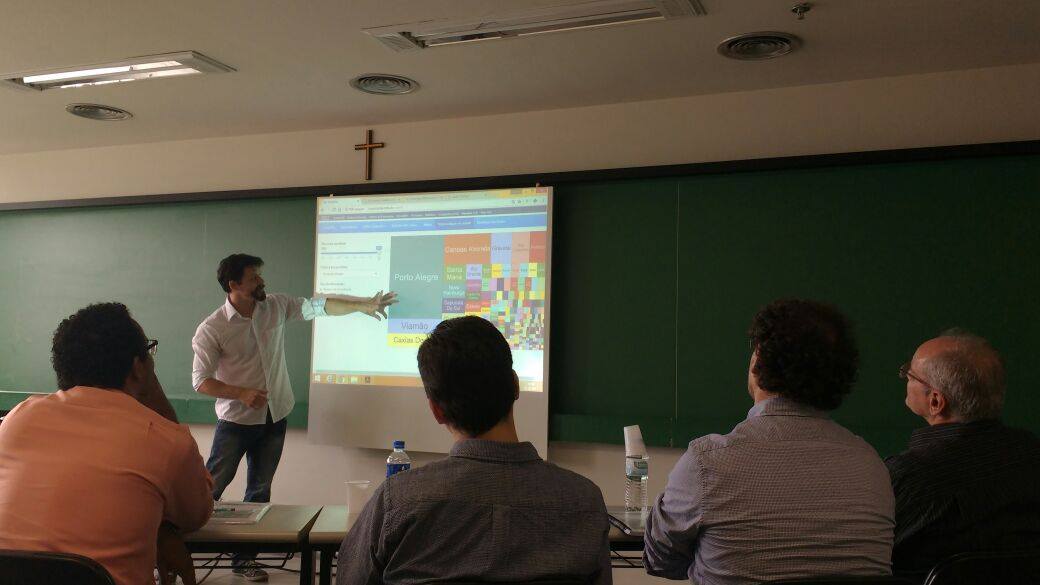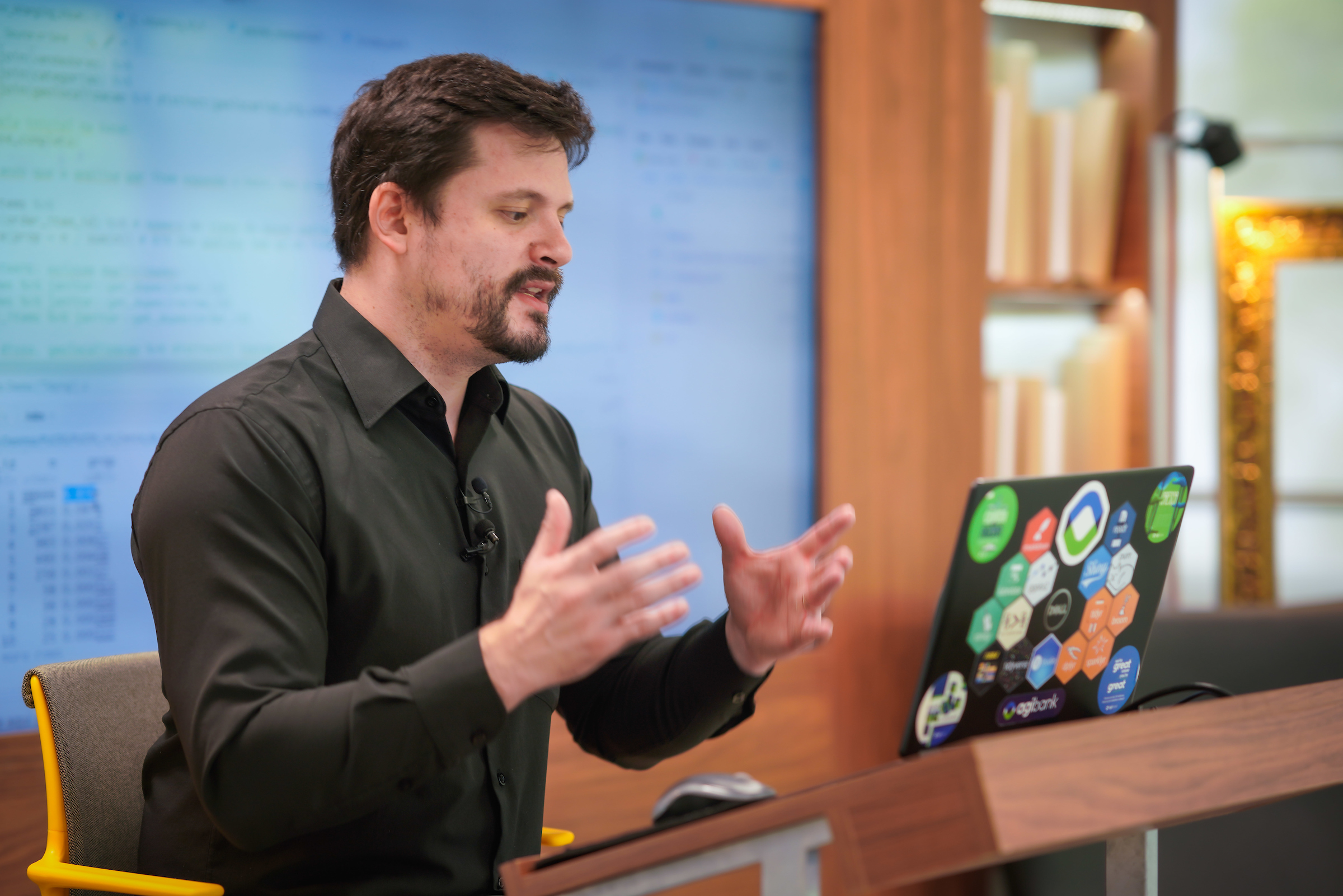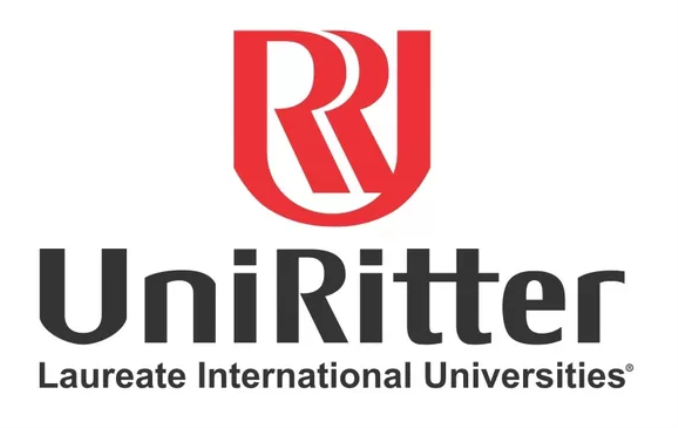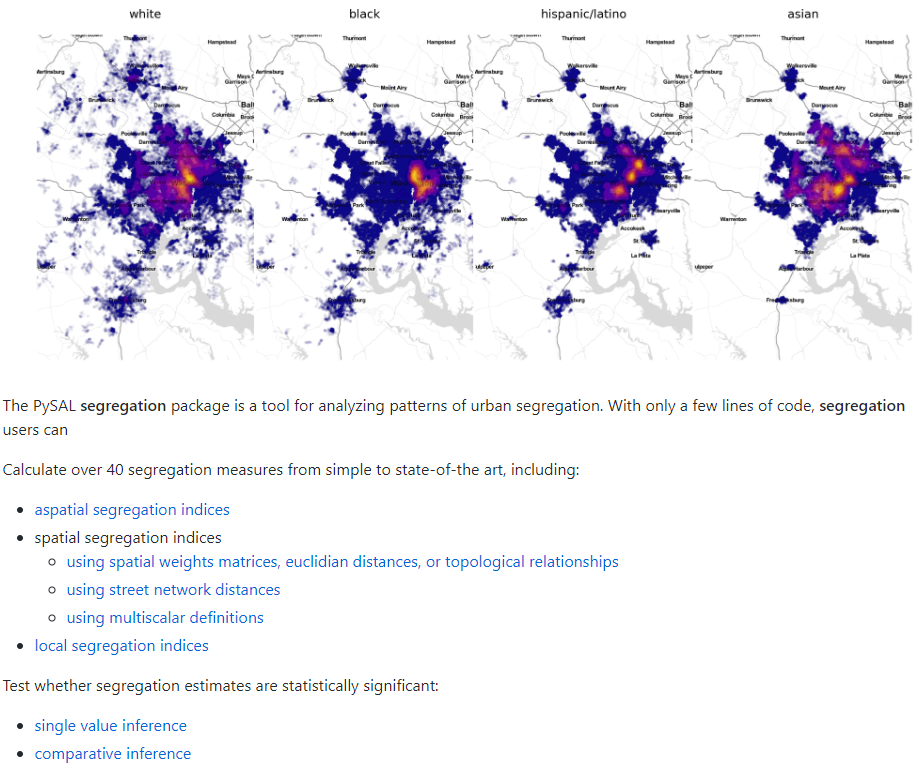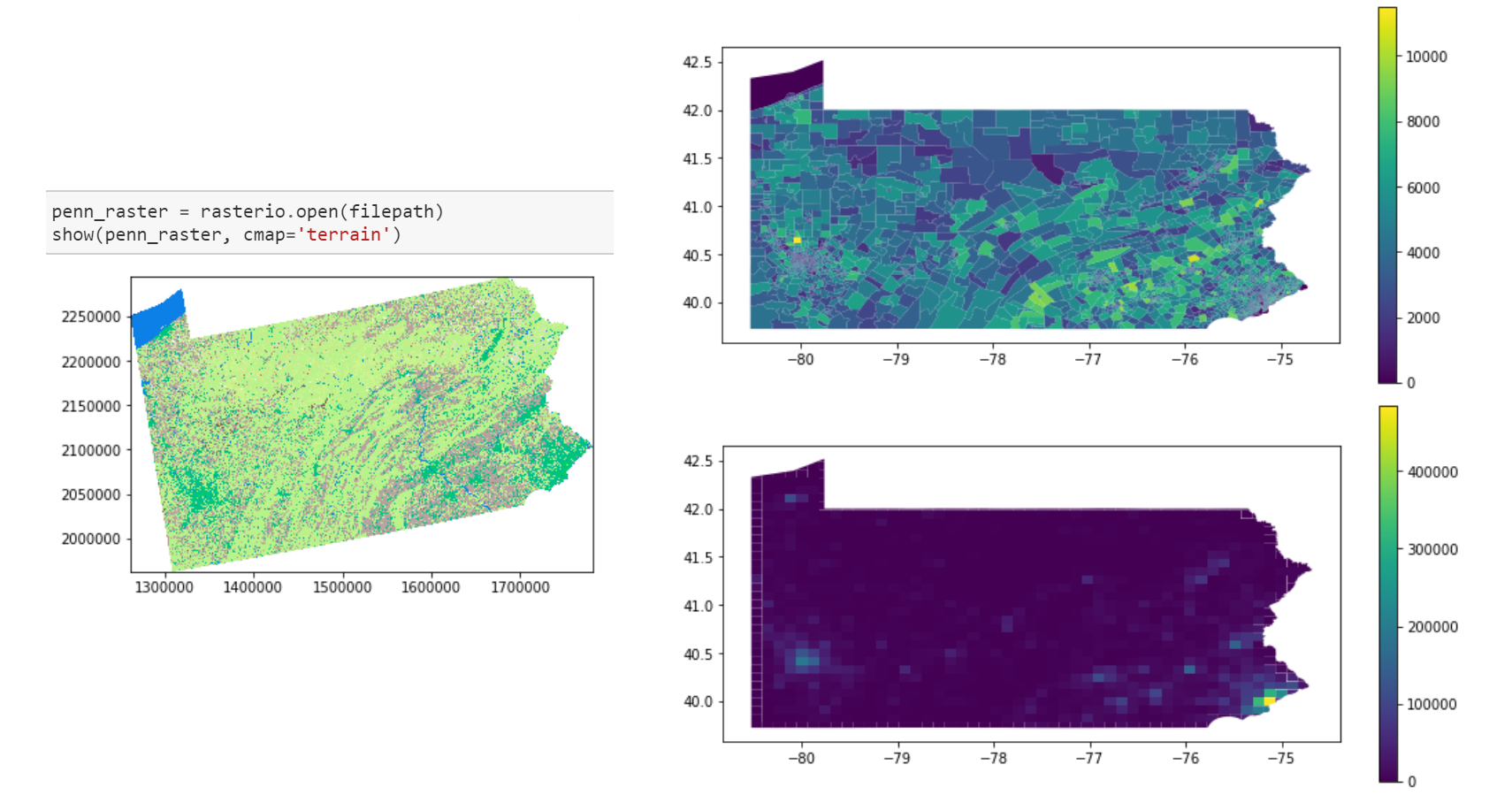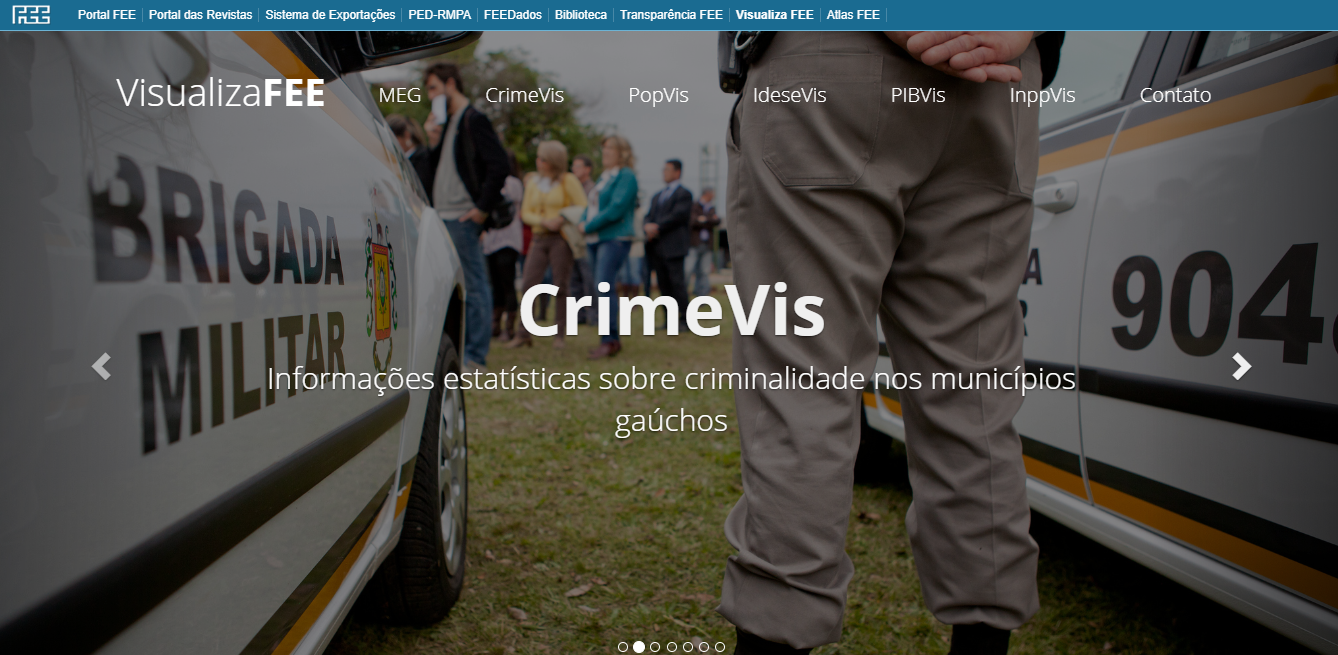-
Cortes, Renan Xavier, Adelar Fochezatto, and Paulo de Andrade Jacinto. “Daylight Saving Time and Homicides: Light Effect in Crimes of a Brazilian State.” Análise Econômica (UFRGS) 39.79 (2021). url: https://seer.ufrgs.br/AnaliseEconomica/article/view/80052/63415
-
Sergio J. Rey, Luc Anselin, Pedro Amaral, Dani Arribas-Bel, Renan Xavier Cortes, James David Gaboardi, Wei Kang, Elijah Knaap, Ziqi Li, Stefanie Lumnitz, Taylor M. Oshan, Hu Shao, Levi John Wolf (2021). “The PySAL Ecosystem: Philosophy and Implementation.” Geographical Analysis.. URL: https://onlinelibrary.wiley.com/doi/abs/10.1111/gean.12276
-
Rey, Sergio Joseph, Renan Cortes, and Elijah Knaap. “Comparative Spatial Segregation Analytics.” Spatial Demography (2021): 1-26. url: https://link.springer.com/article/10.1007/s40980-021-00075-w
-
Rey, S.; Han, S. Y.; Kang, W.; Knaap, E.; & Cortes, R. X. “A Visual Analytics System for Space–Time Dynamics of Regional Income Distributions Utilizing Animated Flow Maps and Rank-based Markov Chains.” Geographical Analysis (2020). Special Issue. url: https://onlinelibrary.wiley.com/doi/abs/10.1111/gean.12239. doi: 10.1111/gean.12239
-
Stefanie Lumnitz; Dani Arribas-Bell; Renan Cortes; James Gaboardi; Verena Griess; Wei Kang; Taylor Oshan; Levi Wolf; and Sergio Rey (2020). splot - visual analytics for spatial statistics. Journal of Open Source Software (2020). 5(47). url: https://doi.org/10.21105/joss.01882. doi: 10.21105/joss.01882
-
Cortes, Renan Xavier; Rey, Sergio; Knaap, Elijah, and Wolf, Levi (2020). “An open-source framework for non-spatial and spatial segregation measures: the PySAL segregation module.” Journal of Computational Social Science 3, 135–166. https://doi.org/10.1007/s42001-019-00059-3
-
Colombo, J. A., Cortes, R. X., Cruz, F. I., and Paese, L. H. (2018). Building State-Level Business Cycle Tracer Tools: Evidence from a Large Emerging Economy. International Journal of Economics and Finance, 10(5), 14.
-
Cortes, Renan Xavier, Adelar Fochezatto, and Paulo de Andrade Jacinto. “Crimes nos municípios do Rio Grande do Sul: análise a partir de um índice geral de criminalidade.” Estudos Econômicos (São Paulo) 48.3 (2018): 451-487.
-
Cortes, R. X., Martins, T. G., Prates, M. O., and Silva, B. A. (2017). Inference on dynamic models for non-Gaussian random fields using INLA. Brazilian Journal of Probability and Statistics, 31(1), 1-23.
-
de Oliveira, Lívio Luiz Soares, and Renan Xavier Cortes. “Faith and religious attendance in Brazil.” Rationality and Society 28.3 (2016): 320-334.
